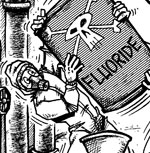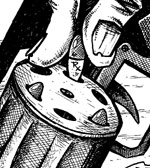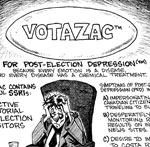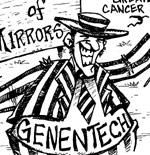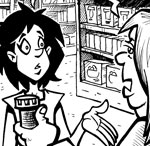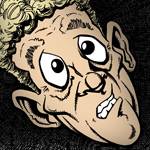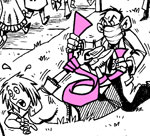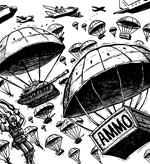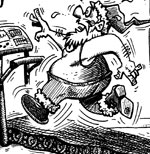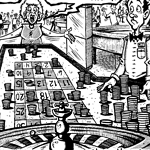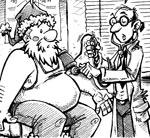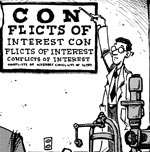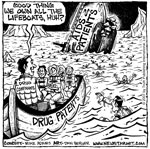Sleep State Misperception: The Insomnia You Feel But You Don't Have
| Share on Facebook | Share on Twitter | Share on Google+ |
Nora was convinced she had familial fatal insomnia. Months had passed since she last remembered falling asleep. Her husband repeatedly told her, however, that she slept soundly 10 or more hours every night. Nora suffered paradoxical insomnia, also known as sleep state misperception.
What Is Paradoxical Insomnia?
Paradoxical insomnia is also known as pseudo-insomnia, subjective insomnia, sleep hypochondriasis, and subjective sleepiness. The term sleep state misperception is applied both to paradoxical insomnia and the state of believing one has slept more than one actually has. Most people who have to deal with paradoxical insomnia are otherwise healthy, except for anxiety and depression that may originate in their beliefs that they are seriously deprived of sleep. Doctors specializing in sleep medicine report that the condition is most common in healthy adults under the age of 40.
What Causes Paradoxical Insomnia?
At least one research study has found that paradoxical insomnia may be related to very short interruptions in breathing caused by sleep apnea that does not cause a snort or a snore. People who had paradoxical insomnia who were given a CPAP (continuous positive air pressure) mask reported that they felt they got more sleep. The interruptions in breathing were so slight, however, that the sleep apnea would not have been diagnosed.
Another research study found that people who misjudged sleep also tended to have very fast metabolic rates. A fast metabolism, however, is actually more common in people who are overweight, since moving a larger body mass requires more energy.
How Can Paradoxical Insomnia Be Treated?
Sleep state misperception is less severe when the metabolism is slower. Slowing down oxygen use at night may result in a greater perception of sleep. This could be accomplished by wearing a CPAP mask, but it can also be aided by avoiding chills, avoiding noise and startling sensations, and not drinking caffeinated beverages in the evening.
It may also be helpful to avoid heavy meals, especially meals that are high in carbohydrates. Burning carbs raises the metabolic rate, especially if the carbohydrates are consumed in the form of sugar.
Selected References:
Carskadon, M., Dement, W., Mitler, M., Guilleminault. C., Zarcone, V., Speigal, R. Self-report versus sleep laboratory findings in 122 drug-free subjects with complaints of chronic insomnia. Am. J. Psychiatry, 1976, 12: 1382-1388.
Smith S, Trinder J. The effect of arousals during sleep onset on estimates of sleep onset latency. J Sleep Res. 2000 Jun;9(2):129-35.
-
Skin CareMen Skin Care
-
Free ResourcesFree eBooks
-
The natural healing force within each one of us is the greatest force in getting well.Hippocrates
-
Featured Health Supplement
 If you find a product that is as effective as Total Balance, and is better value for money, let us know and we will give you a refund equivalent to your entire purchases of Total Balance…retrospective.
If you find a product that is as effective as Total Balance, and is better value for money, let us know and we will give you a refund equivalent to your entire purchases of Total Balance…retrospective.
-
